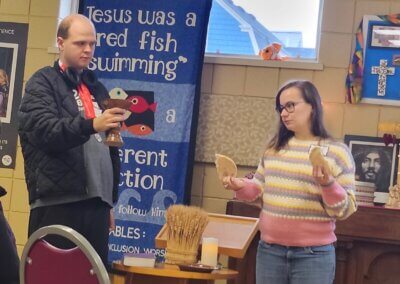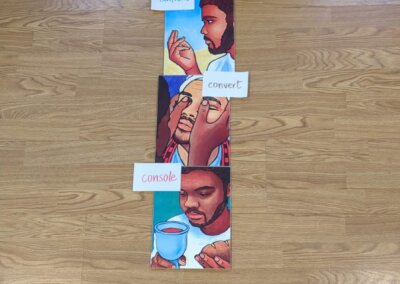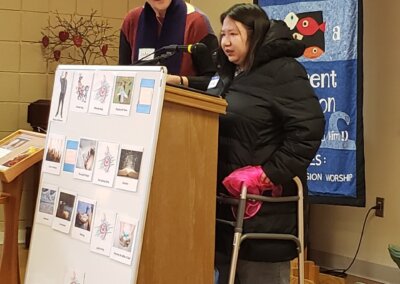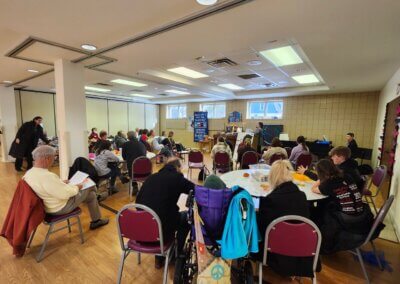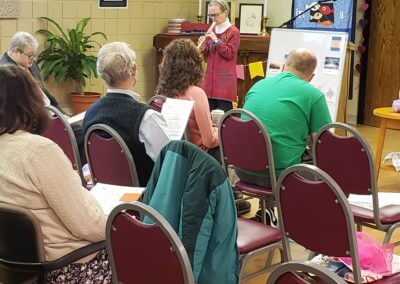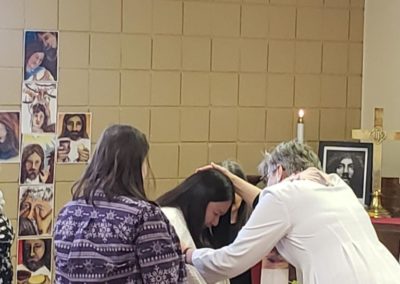Parables
We believe that the most "special need" we all have is to have a place we know we belong.Parables is a worship service for all abilities, particularly
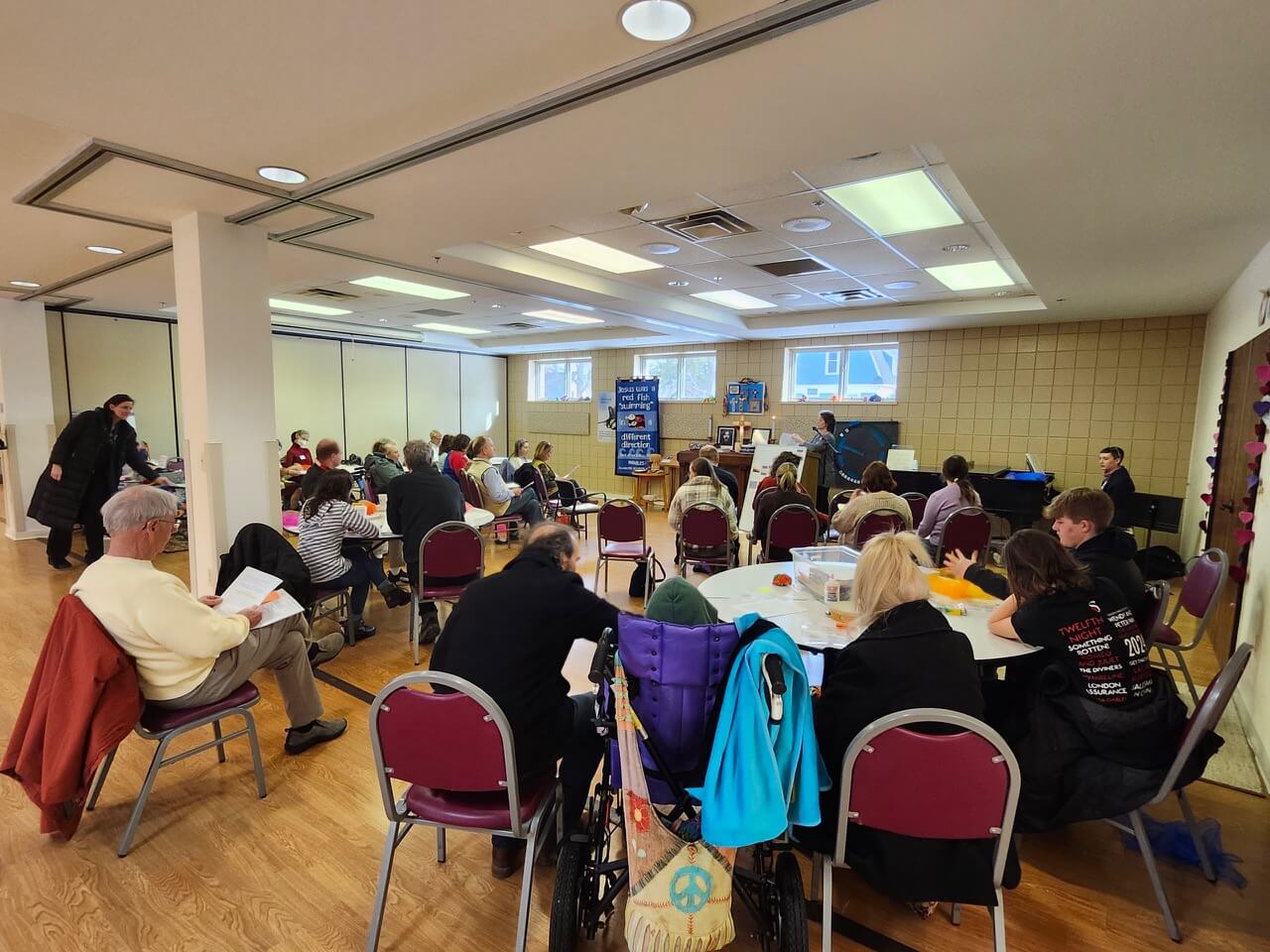
Worship
Parables meets at 11:00am in the Social Hall. All are welcome!
All Are Welcome!
Join us for inspiring worship at Parables! Experience heartfelt connections and spiritual growth every week. Also, don’t miss our special events for fun and fellowship.
Want to join in on the special events? Email LeAnn Seto and let her know you want to be added to the email list! Click the button below and then choose “LeAnn Seto” from the dropdown list. Make sure to check the box for Parables Email list. Add your name and email address then hit send.
Chelsea First
Our church culture
Chelsea First United Methodist Church (Chelsea First) is a Christ-centered congregation with a positive, open, and engaging spirit. We are a church for everyone, at all seasons of life, and bring a grounded, engaged, and supportive approach to Christian worship while working passionately toward making a positive impact in our community.
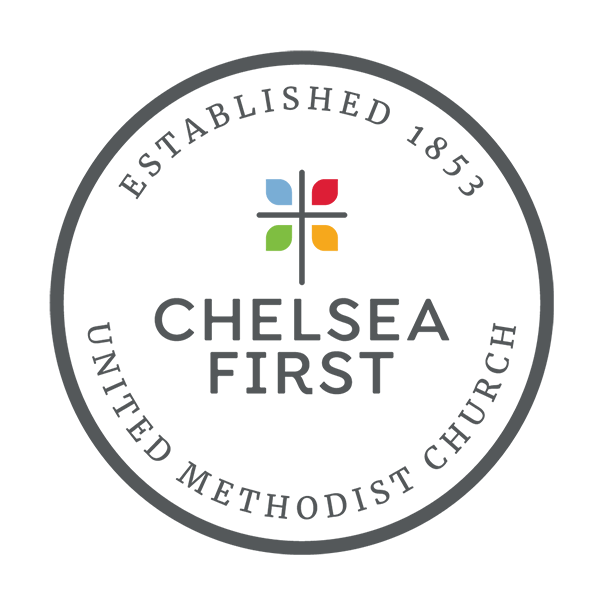
© 2025 Chelsea First UMC
CONTACT US
Chelsea First UMC
128 Park St., Chelsea, MI 48118
📞 (734) 475-8119
✉️ info@chelseaumc.org
📍 Get Directions
STAY CONNECTED
Follow us on:

